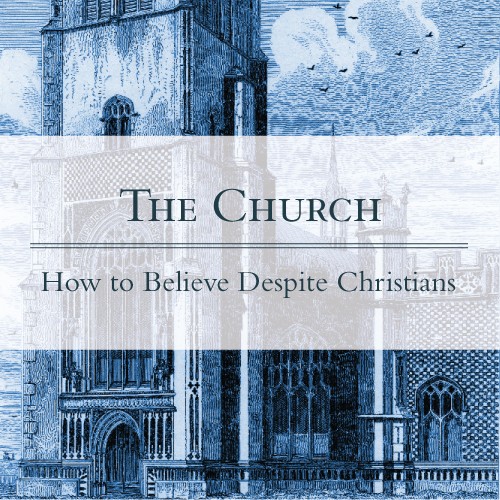Devotional
Lent Day 32: The Adulteress
John 8:1-11 (ESV)
… but Jesus went to the Mount of Olives. Early in the morning he came again to the temple. All the people came to him, and he sat down and taught them. The scribes and the Pharisees brought a woman who had been caught in adultery, and placing her in the midst they said to him, “Teacher, this woman has been caught in the act of adultery. Now in the Law Moses commanded us to stone such women. So what do you say?” This they said to test him, that they might have some charge to bring against him. Jesus bent down and wrote with his finger on the ground. And as they continued to ask him, he stood up and said to them, “Let him who is without sin among you be the first to throw a stone at her.” And once more he bent down and wrote on the ground. But when they heard it, they went away one by one, beginning with the older ones, and Jesus was left alone with the woman standing before him. Jesus stood up and said to her, “Woman, where are they? Has no one condemned you?” She said, “No one, Lord.” And Jesus said, “Neither do I condemn you; go, and from now on sin no more.”
The Law was clear — adultery was a capital offense with two guilty parties: “If a man is found lying with the wife of another man, both of them shall die” (Deuteronomy 22:22). In accordance with the Law, therefore, the scribes and Pharisees came to Jesus with an adulterous woman to be stoned. Where was the man? They didn’t care. After all, their concern wasn’t really with the Law. Their concern was with testing Jesus.
But Jesus wasn’t fooled. He said, “Let him who is without sin among you be the first to throw a stone at her.” Of course, Jesus wasn’t making a recommendation for a new judicial system; no criminals would be held accountable if judges had to be without sin. Jesus was making a point – a point he frequently made to the Pharisees. He often said things to them like, “Go and learn what this means, ‘I desire mercy, and not sacrifice’” (Matthew 9:13; c.f., Matthew 12:1-8; John 7:21-23). In other words, he was telling them that they were missing the most important part of the Law – that its foundation was love (Matthew 22:34-40; Matthew 7:12; Galatians 5:14). Thus, although they appeared interested in upholding the Law, they were actually breaking it because they weren’t acting on the basis of love, grace, humility and compassion.
So they went away. And Jesus told the woman, “Neither do I condemn you; go, and from now on sin no more.” He didn’t say, “It doesn’t matter whether you sin.” Instead, he said, in effect, “I myself am establishing your righteousness on the foundation of love and grace. Therefore, don’t sin — not because you fear its punishment, but because you have met me and have been saved by grace.”
— By The Park Forum
Prayer
Lord, We exalt the name of Jesus because his righteousness has been imputed to us through grace alone! Therefore, even as we seek to sin no more, let us long for holiness and righteousness out of a deep recognition that we have been saved by grace. In Christ’s Name, Amen.
If you would like to support the work of Gospel in Life, you can make a gift here.




